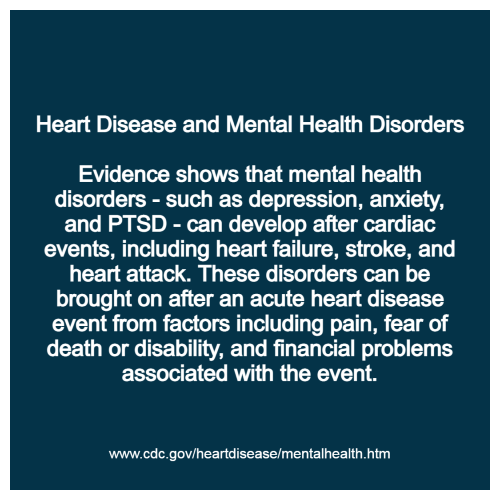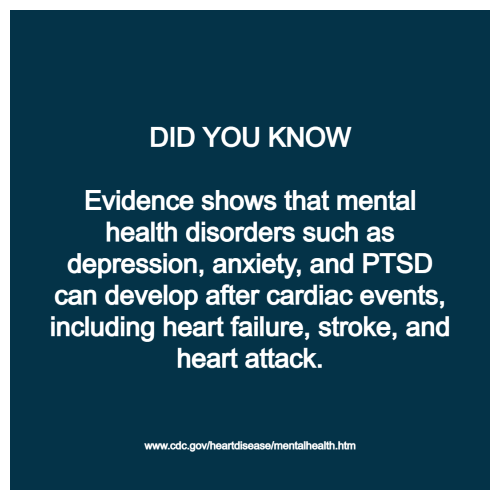
FEBRUARY heart month
Heart disease
is the leading cause of death for men, women, and people of most
racial and ethnic groups in the
Is a heart attack the same as cardiac arrest? Good Question... and the answer is no. The term “heart attack” is often mistakenly used to describe cardiac arrest. While a heart attack may cause cardiac arrest, the two terms don’t mean the same thing. Heart attacks are caused by a blockage that stops blood flow to the heart. This has been called the "plumbing" problem. A heart attack (or myocardial infarction) refers to death of heart muscle tissue due to the loss of blood supply. Heart attack can be understood as a “circulation” problem. By contrast, cardiac arrest is caused when the heart’s electrical system malfunctions. That's why it's called the "electrical" problem. The heart stops beating properly. Hence the name: The heart’s pumping function is “arrested,” or stopped.
Heart disease - Symptoms and causes - Mayo Clinic

HEART month
People experiencing depression,
anxiety, stress, and even PTSD over a long period of time may
experience certain physiologic effects on the body, such as
increased cardiac reactivity (e.g., increased heart rate and blood
pressure), reduced blood flow to the heart, and heightened levels of
cortisol. This would include those with contributing factors like
lifelong disabilities and caregiving responsibilities. Over time,
these physiologic effects can lead to calcium buildup in the
arteries, metabolic disease, and heart disease.
Mental health disorders can be short or long-term and can interfere with a person’s mood, behavior and ability to relate to others. Various studies have shown the impact of trauma, depression, anxiety, and stress on the body, including on the heart. According to Cleveland Clinic up to 20% of cardiovascular patients experience major depression. Depression combined with permenant loss of abilities to continue working in the same capacities can trigger or exacerbate mental health conditions.
Mental Health and Cardiovascular Disease - The American Journal of Medicine
Depression and heart disease: A two-way street - Harvard Health

COMMUNITY connections
MOUNTAIN LIFEWORKS recognizes the distinctions between root causes and factors that trigger or contribute to them. By using verified data and building a coalition of proven and willing partners we balance commercial and philanthropic strategies. This innovative and balanced approach integrates public, private and non-profit solutions to expand qualified options, grow stronger economies and build more inclusive communities for everyone. We invite you to join our growing coalition and help increase local opportunities, reduce long-term costs and improve outcomes for our neighbors and their caregivers.
LEARN MORE
LET'S CONNECT
-> Contact Us